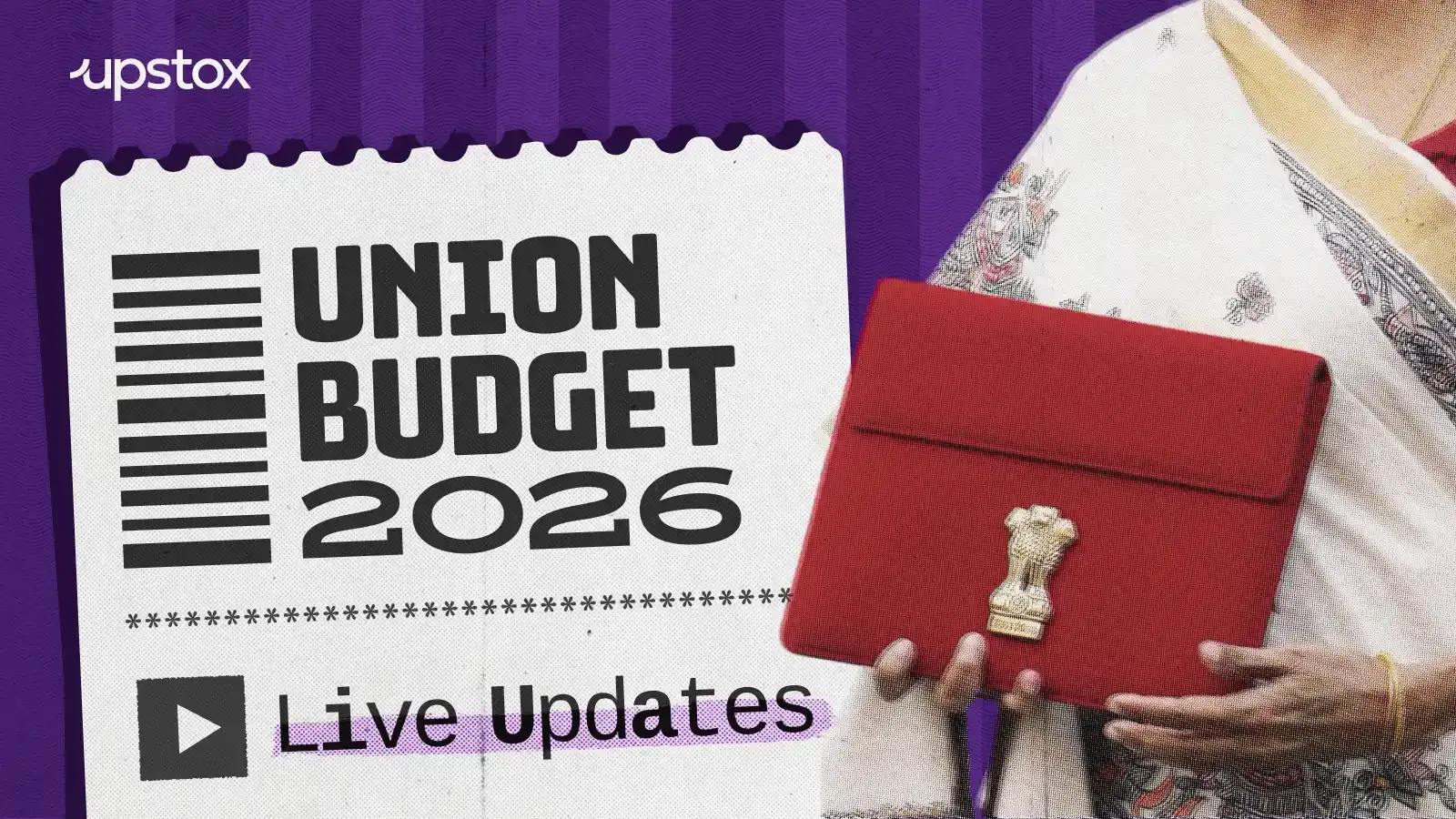Business News
MF Lite, new asset class: Check the top decisions taken by SEBI in 207th board meeting
.png)
5 min read | Updated on October 01, 2024, 10:15 IST
SUMMARY
SEBI's board on Monday reviewed the performance of the Beta version of the optional T+0 settlement cycle and approved that the number of scrips eligible for trading under the optional T+0 settlement will be increased in a phased manner from the 25 to the top 500 in terms of market capitalisation.

SEBI's board on Monday cleared a proposal to introduce a new asset class for high-risk profile investors.
The major highlights were the introduction of a regulatory framework for a new investment product/asset class, the introduction of liberalised Mutual Funds Lite (MF Lite) framework for passively managed schemes of mutual funds, and the review of a regulatory framework for investment advisers (IAs) and research analysts (RAs) to facilitate ease of doing business, among others.
Overall, the board approved 17 proposals, including amendments to insider trading rules. This was the first board meeting after the US-based short seller Hindenburg Research and the Congress party made allegations against SEBI's chairperson, Madhbai Puri Buch.
The MF Lite framework or light touch regulations include relaxed requirements relating to eligibility criteria for sponsors, including net worth, track record and profitability, the responsibility of trustees, the approval process, and disclosures, SEBI said in a statement.
The framework intends to promote ease of entry, encourage new players, reduce compliance requirements, increase penetration, enhance market liquidity, facilitate investment diversification, and foster innovation.
MFs desirous of managing only passive schemes (like exchange-traded funds and index funds) should be covered under the MF Lite Regulations.
It must be noted here that passively managed MF schemes replicate an underlying index like ETFs and index funds, where portfolios of index funds can be easily tracked.
Active fund schemes require expert fund managers who define investment philosophy and select securities.
Offerings under the new product will be referred to as ‘Investment Strategies’, to maintain a clear distinction from the schemes offered under the traditional mutual funds. The minimum investment limit for the new product will be ₹10 lakh per investor across all investment strategies of the new product in a particular AMC. The new product is intended to add depth and variety to the investment landscape of the country through a new asset class, the market regulator said in its press release.
All registered stock brokers can offer access to the optional T+0 settlement cycle to their investors. Stock brokers are free to charge differential brokerage for the same.
An optional Block Deal window mechanism will be introduced under the T+0 settlement cycle as an 8.45 am to 9.00 am session, alongside the existing block windows under the T+1 settlement cycle.
It reiterated that the optional T+0 settlement in the equity cash market will continue to coexist with the extant T+1 settlement cycle.
Further, it added that IAs/RAs shall be required to have base certifications (NISM Series XA and XB for IAs, and NISM Series XV for RAs) only initially at the time of registration. There shall be no requirement to obtain base certifications afresh subsequently. However, a certification based on incremental changes/developments would be required.
This mechanism would be even faster than the preferential allotment route that takes 40 working days. In addition, it would give existing shareholders of the company an opportunity to participate even more, in the future potential growth of the company.
It also approved the integration of periodic filings into two broad categories, viz., Integrated Filing (Governance) and Integrated Filing (Financial), to minimise the number of filings done on a periodic basis.
By signing up you agree to Upstox’s Terms & Conditions
About The Author
Next Story

